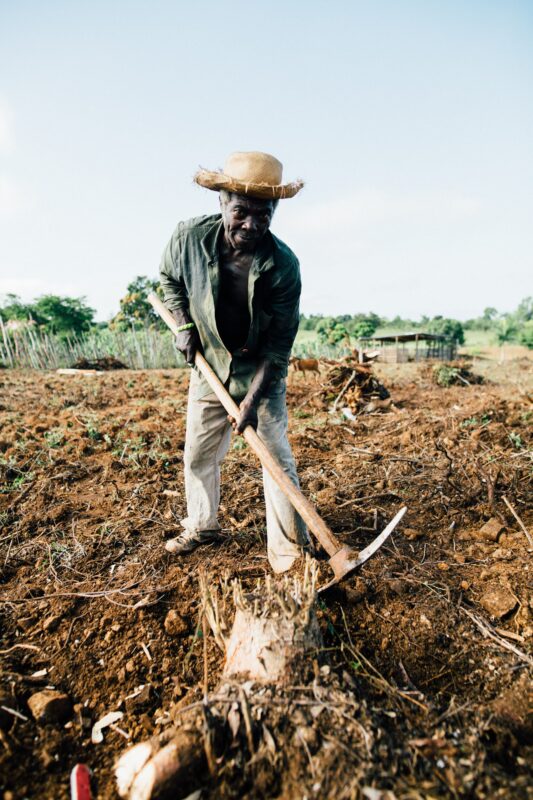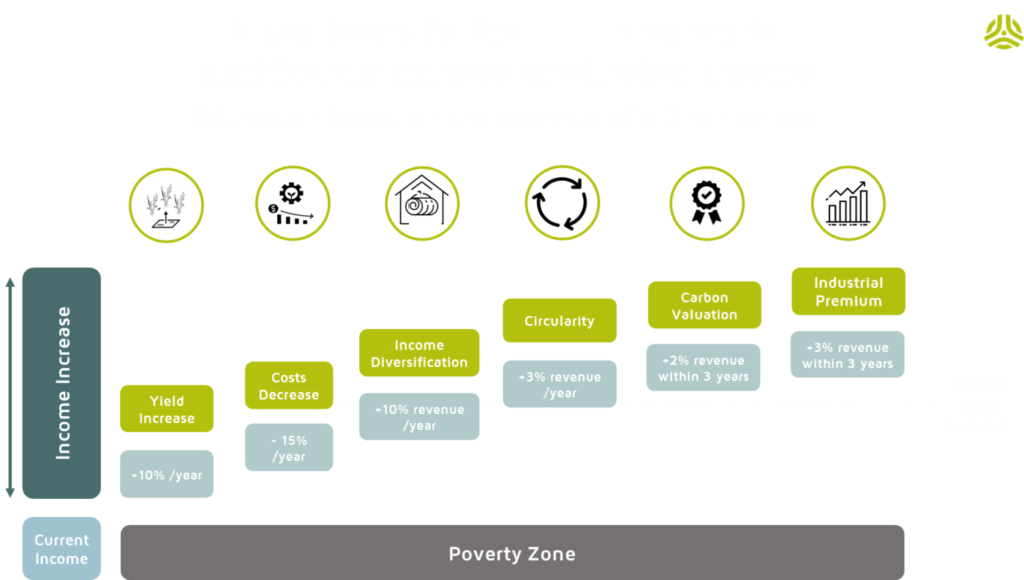Forced labor, safety, poverty, deforestation, climate…
Industrial buyers and companies are under major pressure to demonstrate positive impact – both locally and across the value chain. They must demonstrate concrete efforts to mitigate the socio-environmental and Human Rights risks attached to sourcing raw materials.
Though central to supply chains, vulnerable workers are too often overlooked in value redistribution. They also need to drastically reinforce their resilience.
Industrial players must therefore take immediate action to better the socio-environmental and Human Rights performance of their supply chains. Not only that, they must secure concrete results on the ground. Education is an essential lever in developing social and environmental benefits. Technical and vocational training is the most efficient way to address low-income workers and smallholders’ demand for capacity-building.
Ksapa designed SUTTI to scale innovative, performant and balanced operating models. Our goal is indeed build durable, real-world impact at scale. Here is how :
- We deliver know-how, practice change, revenue increase, activity diversification and financial literacy to smallholders.
- We improve and secure responsible sourcing policies.
- We strategize performant impactful economic models.




